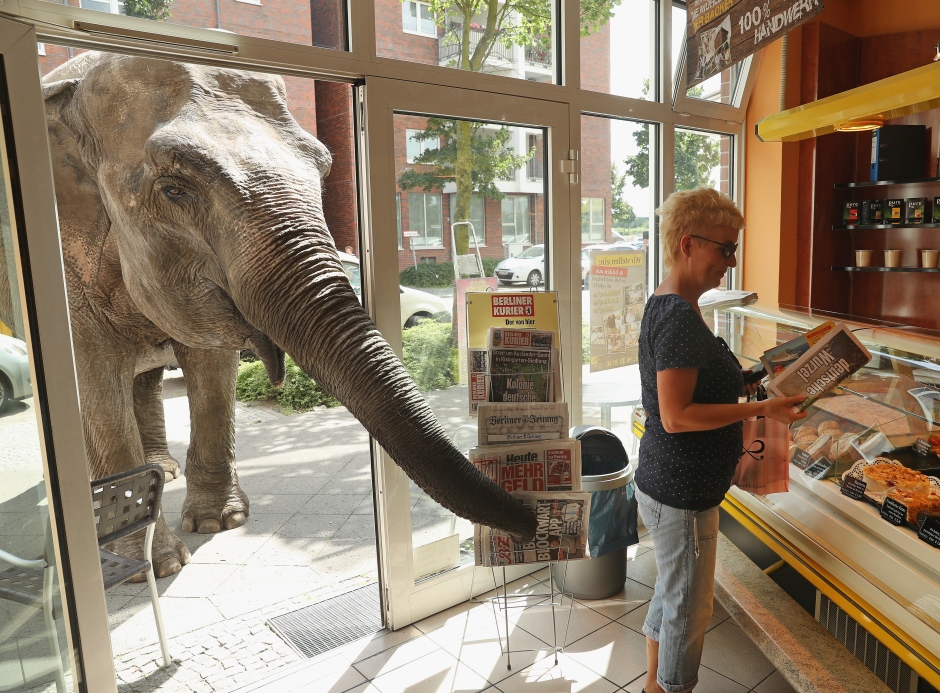Campaign financing continues to rise as a topic of concern in our alternately sleepy and wild-west lives. With a Provincial election due on May 9, 2017, and municipal elections October 20, 2018, it seems this topic has increasing currency.
As Elections BC puts it: “Electoral finance laws improve the democratic process by creating a more level playing field for candidates and political parties and providing transparency. They also prevent money from unfairly influencing election outcomes and from swaying public policy decisions.”
It’s hard to argue with these ideas. Hard to understand their limited application in BC.

Hey — want some money?
With results much to the chagrin of such faux-populist organizations as the Canadian Taxpayers Federation, a neolibertarian advocacy organization, check this April 2016 poll by Insights West . [HERE]
Poll Summary
- Two thirds of British Columbians (68%) think citizens are not influential in shaping policy in our province. The most influential group is Corporations (90%)
- Only 10% of British Columbians agree with allowing corporations and unions to spend as much money as they want to help politicians win elections.
- At least two thirds of British Columbians support implementing specific regulations to take big money out of politics.
And take a look at the recent Independent Election Task Force, which recommended that local councils adopt a policy of mandated scrutiny of ties between council matters, councilors and donors.
Next, the infamous New York Times piece by Dan Levin that described the Province of BC as a wild west in matters of money in politics.
Unlike many other provinces in Canada, British Columbia has no limits on political donations. Wealthy individuals, corporations, unions and even foreigners are allowed to donate large amounts to political parties there. Critics of the premier and her party, the conservative British Columbia Liberal Party, say the provincial government has been transformed into a lucrative business, dominated by special interests that trade donations for political favors, undermining Canada’s reputation for functional, consensus-driven democracy.
Don’t forget the large country to our south, where one view of it’s governance is articulated in Jane Mayer’s book “Dark Money“. Even though the book is pre-Trump, it does seem that he is lining up nicely with the dark money agenda, as much as anyone can glimpse the future through the obfuscation and distractions of that circus.
From the New York Times book review: Mayer believes that the Koch brothers and a small number of allied plutocrats have essentially hijacked American democracy, using their money not just to compete with their political adversaries, but to drown them out.
Let’s not think Canada is immune from such “Dark Money” tactics as think-tank and interest group financing, along with the legions of paid shills and stooges that spread the messages of their corporate masters. Note the Canadian Taxpayers Federation (all money sources secret) writing on the topic of campaign financing, where their logic somehow leads to the conclusion that less government is the answer.” [Quoted by Integrity BC; original material no longer on CTF web site]:
“Contribution limits are an affront to two of the most basic freedoms in our society: freedom of speech and freedom of association. If we believe that voters should be informed, we ought to encourage, not restrict, campaign spending.” “Less spending on campaigns are unlikely to increase public trust, involvement, or attention. Implicit or explicit spending limits reduce public knowledge during campaigns. Simply put: getting more money into campaigns benefits voters.” “The right to speak necessarily includes the right to pay for the speech. Spending money is protected not because “money is speech” but because government limits on spending for speech restrict speech itself.” ” If government’s ability to regulate and redistribute is restrained, big money, from either business or unions, has no reason to flow to candidate coffers. The solution to this problem is less government, not less spending.”
http://www.taxpayer.com/sites/default/files/Election_submission_March2010.pdf
When you finally learn to see the elephant, it’s hard to un-see it.













Ugh. Fortunately, there’s a possibility there won’t be 4 more years in the province, even if there will be down south.
Not an issue, not on anyone’s radar. Insight’s West did a huge survey back in Nov and found top issues are housing, poverty/homeless, then followed by health care and economy/employment.
BC has cariboo, bison & bears. Not elephants. Just elephant shit. Campaign finance is one of those filler pieces for media to bait the naive. There’s a re-election 15 weeks, so things are quiet. The most hilarious thing I’ve heard is people claiming Quebec’s finance rules are “world-class” and a “model.” There are few places in the western world in which corruption has as deeply defined a culture.
Following the money should be seconded by following the resulting policy shifts. We all know correlation is supposedly not causation, right? As such, the political notion of plausible deniability is always accompanied by unnaturally wide grins and breathless bromides. But if the media get it right and build fortresses of evidence that threaten to topple one of the minor wings on the government’s mansion, you can expect the faux outrage will be brought onto the stage with frenzied but ineffective running about.
It’s all Vaudeville, sometimes with circus elephants.